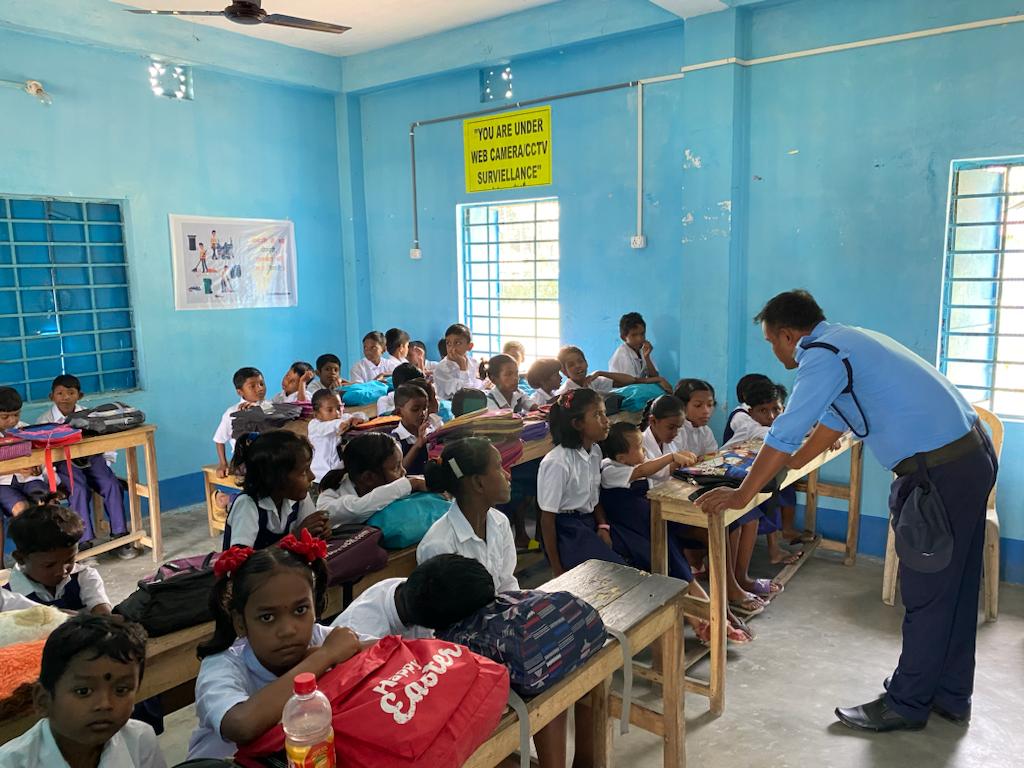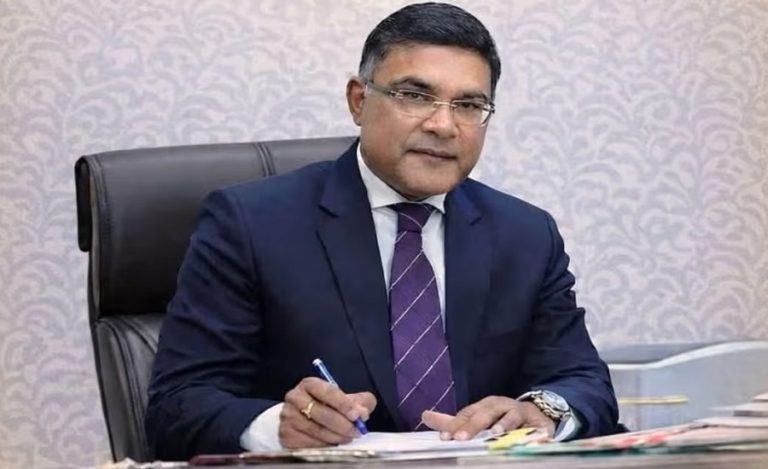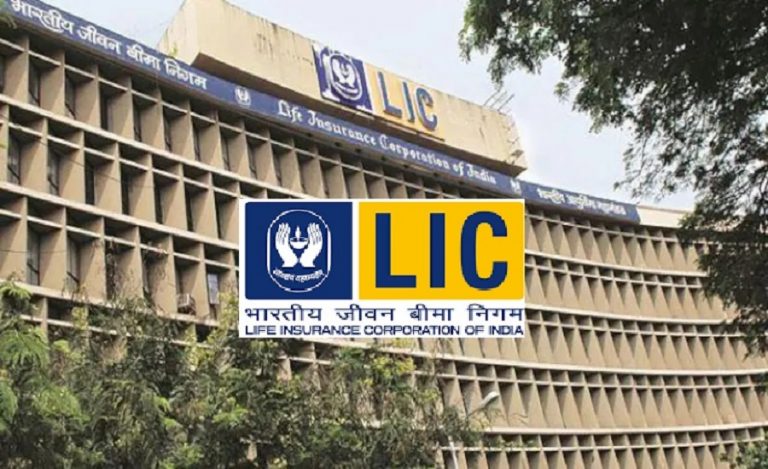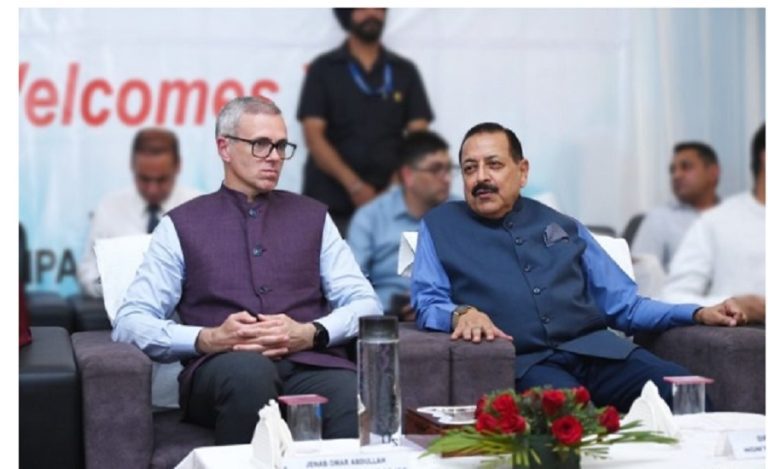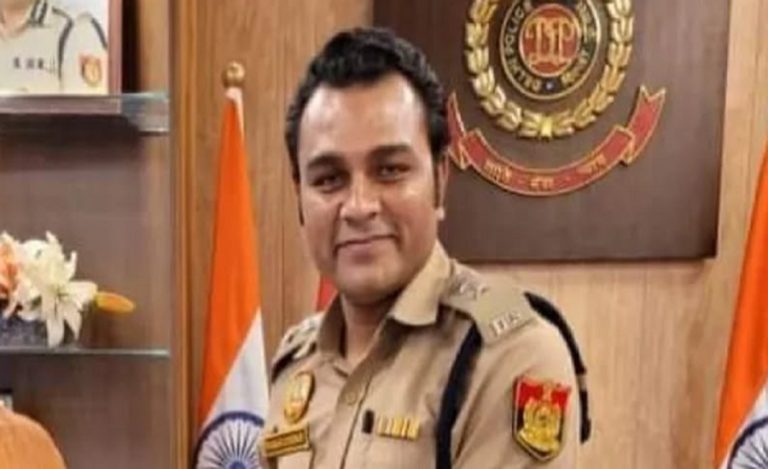To allay the ‘demons’ in the public mind about the police, Superintendent of Police, Alipurduar, West Bengal, IPS officer Y Raghuvanshi is promoting community policing in a big way. It will bridge the gap between the two, he feels.
THE PUBLIC-POLICE RELATIONSHIP
He believes people themselves have demonised the police. When children refuse to eat, their parents threaten to “call the police and get them arrested” for it. These practices frequently cause children to develop a fear of the police at a young age. Similarly, young people in rural communities still flee or hide when they see a police car approaching or moving around them.
“They shouldn’t think of us as people who are there to punish any or everybody. We want them to view us as a friend who can assist them with their issues and inspire them as members of society,” Mr. Raghuvanshi shared in an exclusive conversation with Indian Masterminds.
His objective is to increase public safety by encouraging cooperation, mutual respect, and trust between the police and the community. To combat crime and disorder issues, this strategy emphasizes proactive collaboration between police officers and people for problem-solving.
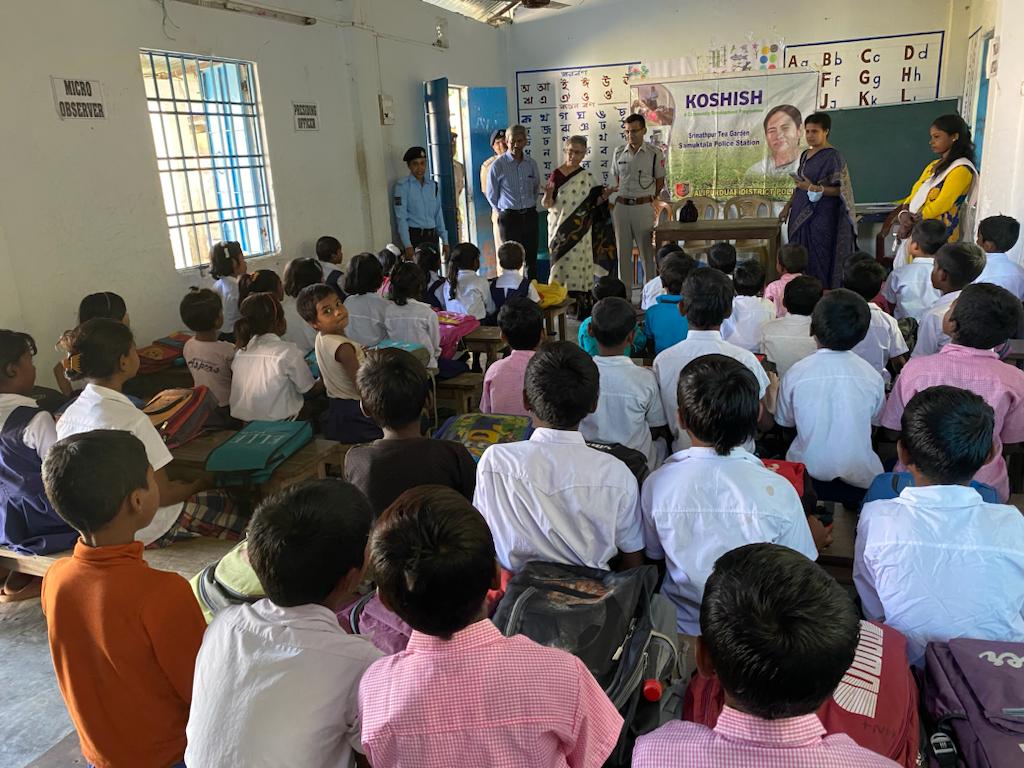
IDENTIFYING TARGET AUDIENCE
To communicate with people and help them comprehend their goals, the officer and his crew travelled to the rural areas of their district. They described their desire to work with the people to reform the state.
“Not only the public, but sometimes, we also need their help. Not bridging that gap may make them consider us as a separate entity, altogether, and we certainly don’t want that. We can strengthen our relationships with them and secure their protection through community policing,” Mr. Raghuvanshi told Indian Masterminds.
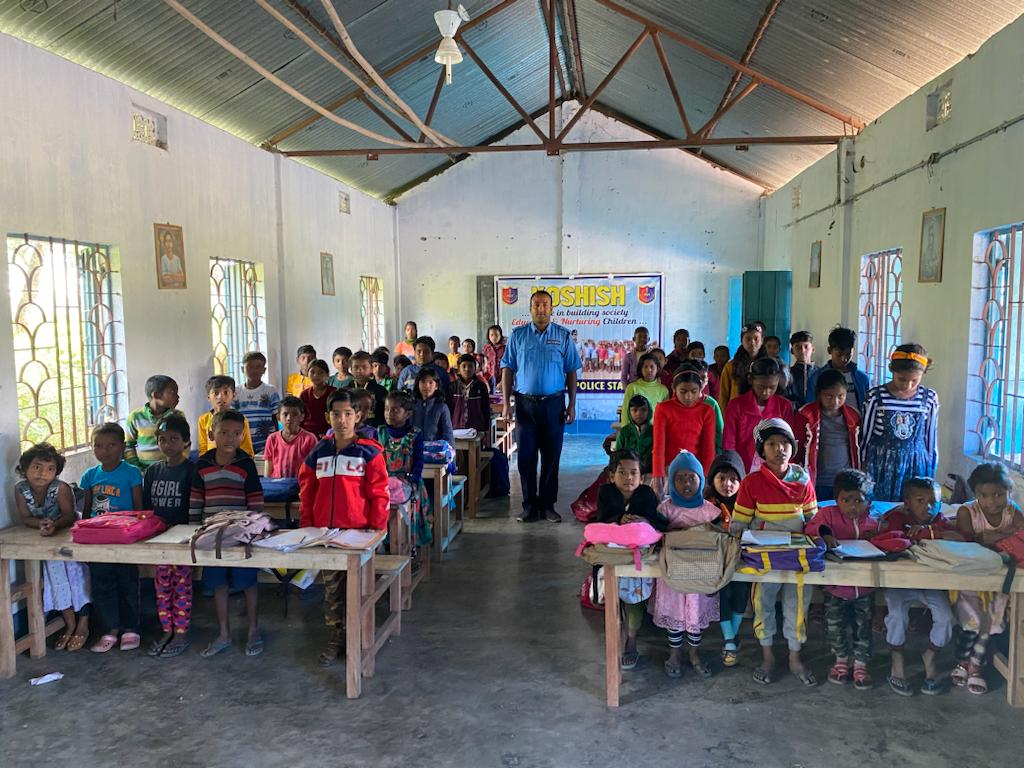
FOCUSING ON PRIMARY SCHOOLS
The officer started at the elementary school level, asking the local headmasters to get in touch with them if they needed any supplies or support. He took care to recruit knowledgeable volunteers who could assist the staff and teachers with the young children and even teach them in the event of an emergency or teacher absence. Outside of school hours, these volunteers held daily, hour-long sessions where they explained to the young children what police officer does and how they work to safeguard them.
“Through this, we approached over 67 schools of tea garden area of Alipurduar district, which is primarily a tea garden belt,” shared the officer.
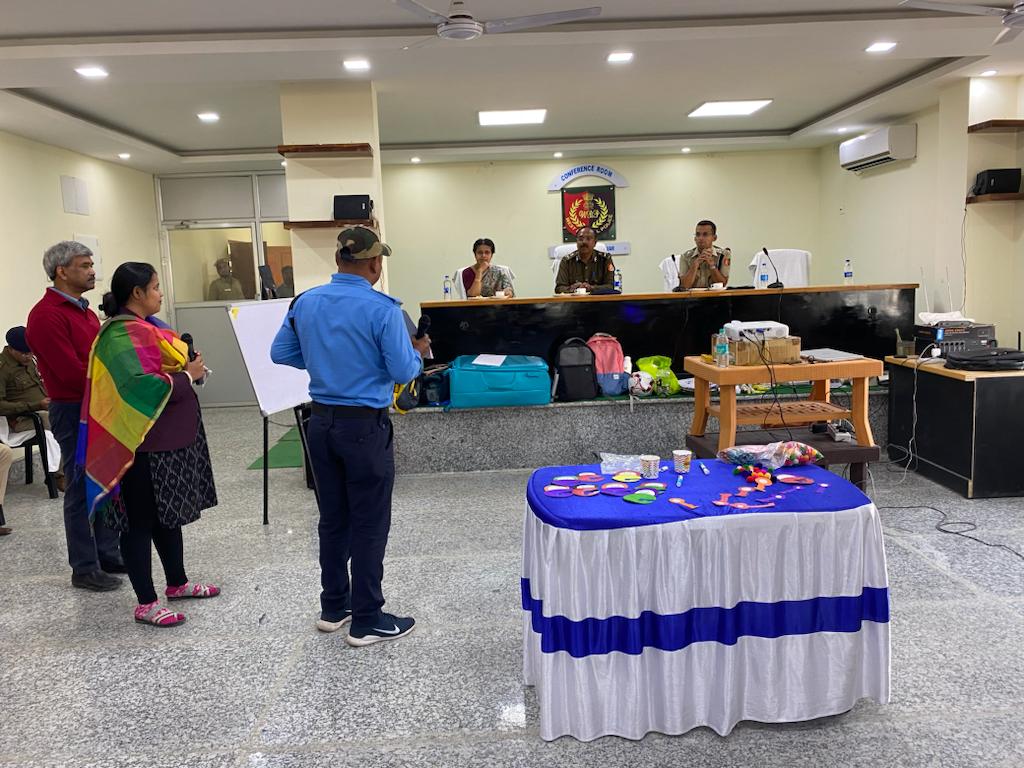
JOYFUL LEARNING
In addition, Mr. Raghuvanshi brought the idea of “joyful learning” to the government schools in the district’s rural areas. The main focus of joyful learning is on how to have fun while learning. The officer enlisted volunteers from Education for All NGO and taught them the art of joyful learning.
“They are presently being recruited in all the 67 schools, totalling 3100 pupils. We have indirectly reached these 3100 families through kids from the second to fifth grades in all the tea gardens and assisted them in joyful learning,” shared the officer.
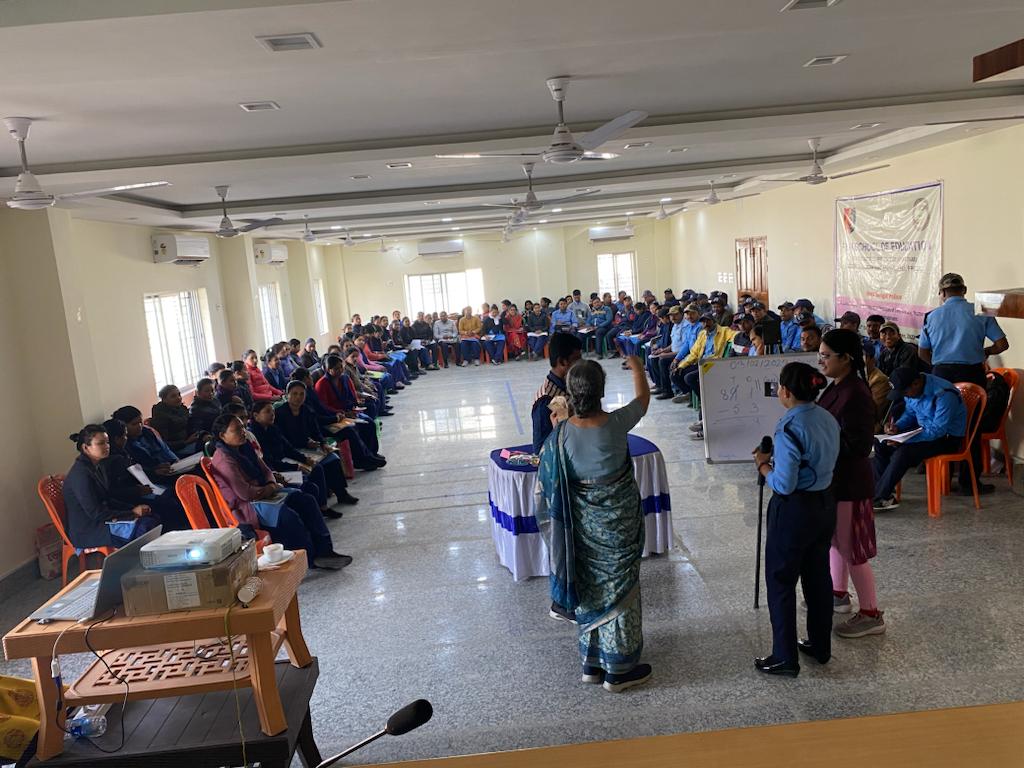
GUIDANCE MEETING
Joyful learning doesn’t just stop there. Mr. Raghuvanshi and other senior officials regularly visit these schools and take reviews from children while chatting with them. After the review meeting with the kids, another Guidance Meeting is held with the parents and guardians of the children studying in the schools, who are mostly tea garden labourers.
“The tea garden workers are not very well educated themselves. We hold a monthly guidance meeting with them, interact with them, understand if they are facing any hurdles in their children’s education and help them accordingly. We can sense that it has created a difference and the quality of education has significantly improved,” shared the officer.
Mr. Raghuvanshi also hosts several sports events for rural youngsters and ensures to keep in direct touch with everyone who is participating, thus increasing interactions with them while also running coaching centres for competitive exams for youngsters who have no idea about what to study, how and from where.

